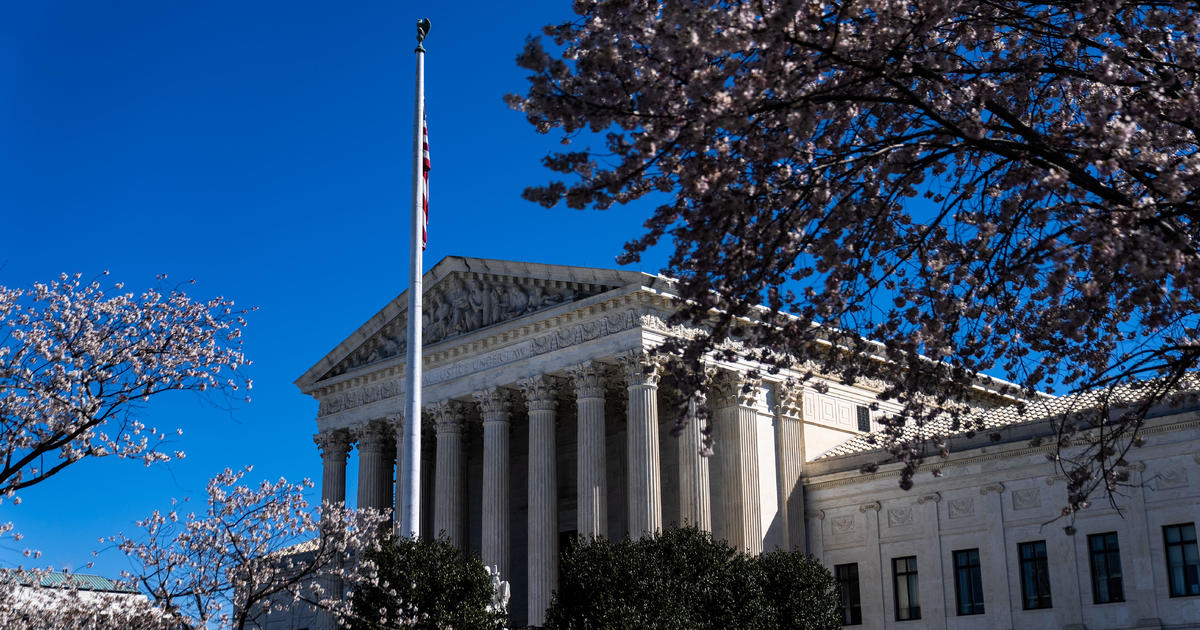Key takeaways:
- The Supreme Court has agreed to hear a case involving Deborah Laufer, a disability rights campaigner who has filed hundreds of federal lawsuits against hotels.
- The case centers around Acheson Hotels, which argues that Laufer does not have legal standing to bring the cases under the Americans with Disabilities Act.
- The outcome of this case could have a major impact on disability rights and the ability of disabled activists to hold hotels accountable for failing to disclose accessibility information.
The Supreme Court on Monday agreed to hear a case that could have a major impact on disability rights. The case involves Deborah Laufer, a disability rights campaigner who has filed hundreds of federal lawsuits against hotels claiming they fail to disclose accessibility information on their websites.
Laufer, who lives in Florida and has a vision impairment, uses a cane or wheelchair to get around, and has limited use of her hands, has filed over 600 federal lawsuits against hotel owners and operators. The lawsuits contend that the websites of accommodations, generally small hotels and bed-and-breakfasts, are not clear enough about whether they are accessible to people with disabilities.
The case centers around Acheson Hotels, which operates the Coast Village Inn and Cottages in Maine. Acheson Hotels argues that Laufer does not have legal standing to bring the cases under the Americans with Disabilities Act because she has no intention of staying at the hotels in question.
The Supreme Court will now decide whether a disabled activist can file disability rights lawsuits against hotels she doesn’t intend to visit. Under the federal Americans With Disabilities Act hotels must identify and describe their accessible features, and Laufer’s lawsuits seek to ensure that hotels comply with this law.
The outcome of this case could have a major impact on disability rights and the ability of disabled activists to hold hotels accountable for failing to disclose accessibility information. The Supreme Court’s decision could curtail Laufer’s crusade and set a precedent for future disability rights cases.



Be First to Comment